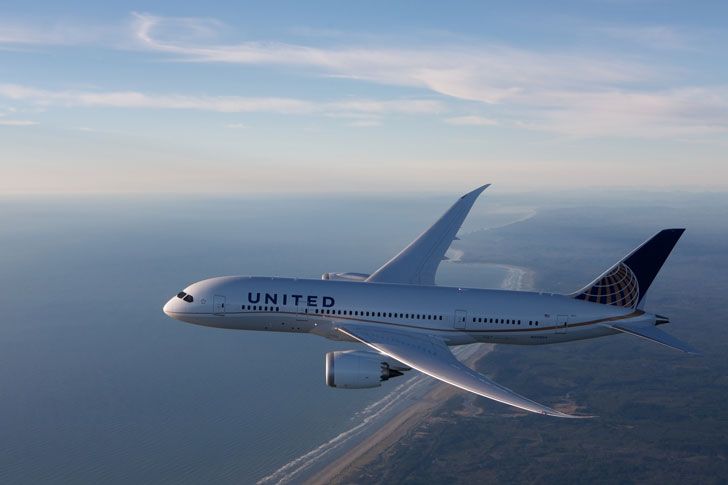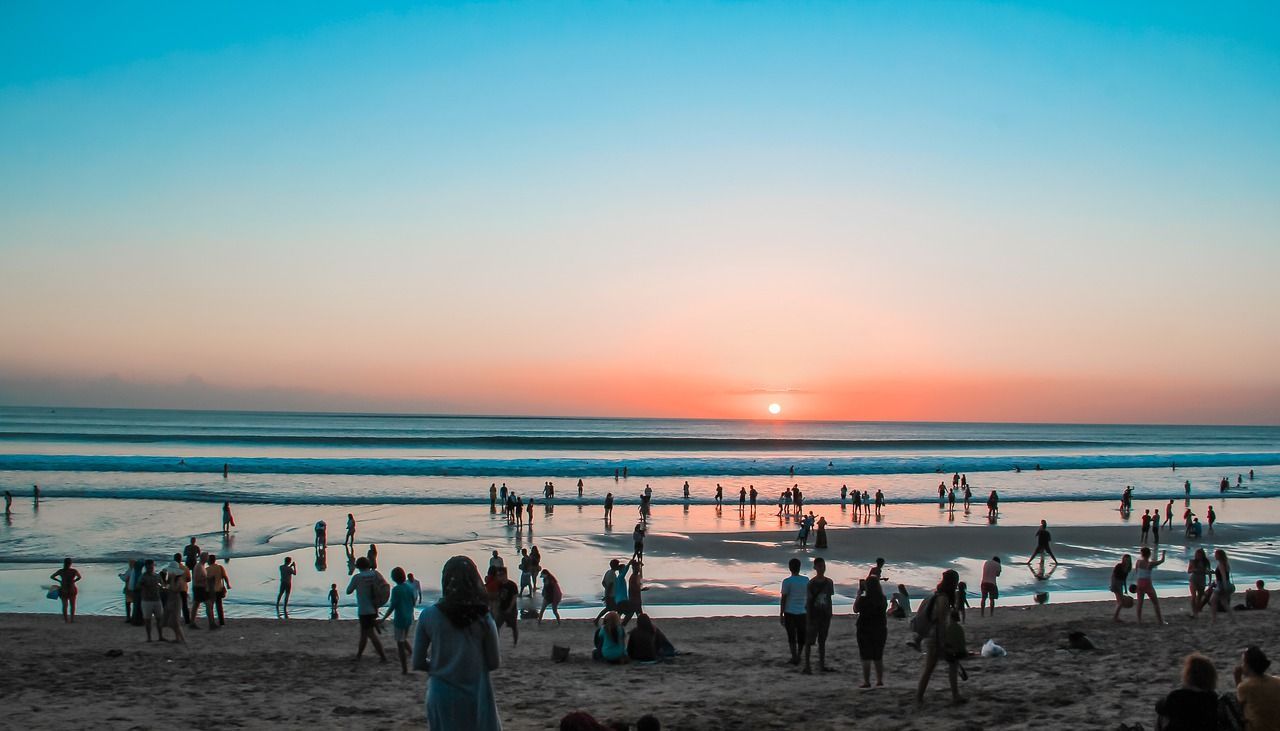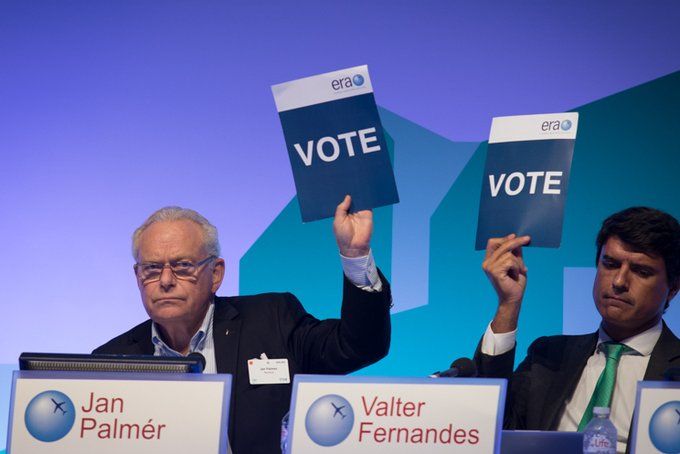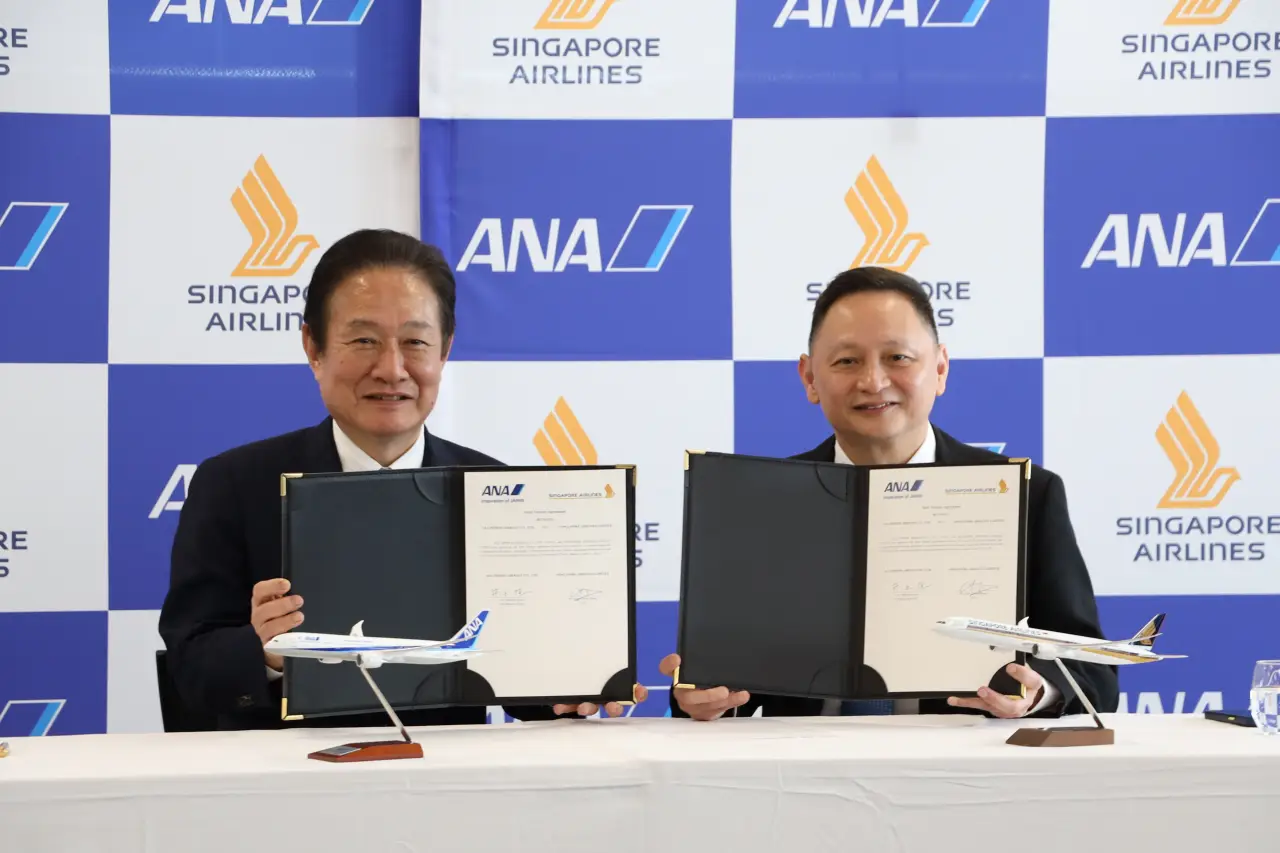117 major travel-related companies and organizations are urging congressional leaders to cut taxes on air travelers and move to a user-fee model for infrastructure financing as part of the forthcoming Federal Aviation Administration reauthorization.
Noting that domestic and inbound flyers spend $409 billion in the U.S. annually and support 3.4 million jobs, a letter sent Wednesday to key House and Senate transportation leaders said “the future growth and competitiveness of air travel in America is threatened by a core set of problems that must be addressed.”
Among those problems: aging airport infrastructure, growing congestion, declining airline competition and passenger frustrations.
“The FAA reauthorization bill must include provisions that accelerate airport modernization, stabilize funding for air traffic control operations and NextGen development, and enhance competition among commercial airlines,” the group said in its letter.
The letter was signed by hospitality companies, trade associations and convention and visitors bureaus from every corner of the U.S., including: Hilton Worldwide; Marriott International, Inc.; MGM Resorts International; the National Restaurant Association; Universal Parks & Resorts; 10 state tourism offices; and a host of regional travel entities.
The letter endorsed a proposal offered last month by the U.S. Travel Association to reform the financing model for maintaining and upgrading the country’s air travel infrastructure. That policy package would cut numerous federal ticket taxes that could save flyers up to $25.50 on the average cost of a ticket, move to a user fee model for air traffic control, and adjust the cap on the Passenger Facility Charge from $4.50 to $8.50 to help keep revenues local for the purpose of traveler-friendly infrastructure fixes.
The package would keep funding for all aviation-related programs intact while significantly improving the availability of funds for much-needed projects such as terminal and runway expansion.
The net effect would be an aviation marketplace with more carriers and therefore more competition—potential manna for a value-starved traveling public, the group said.
In another nod to competition to benefit travelers, the group called for the preservation of the Open Skies agreements that dramatically improve consumer choice by preventing protectionist interference by governments in international air service.
“Complaining about air travel is basically a national pastime at the moment, and every single one of flyers’ major gripes can be boiled down to infrastructure woes and a lack of airline competition,” said U.S. Travel Association President and CEO Roger Dow. “These problems are not just about the comfort and convenience of travelers, they’re about the ability of travel to continue being a main engine of economic and job growth for the country.
“Congress has both the tools within reach to fix the system and the opportunity to use them with the upcoming FAA reauthorization. Our letter marshals some of the most influential voices out there to urge political leaders not to squander this moment.”













